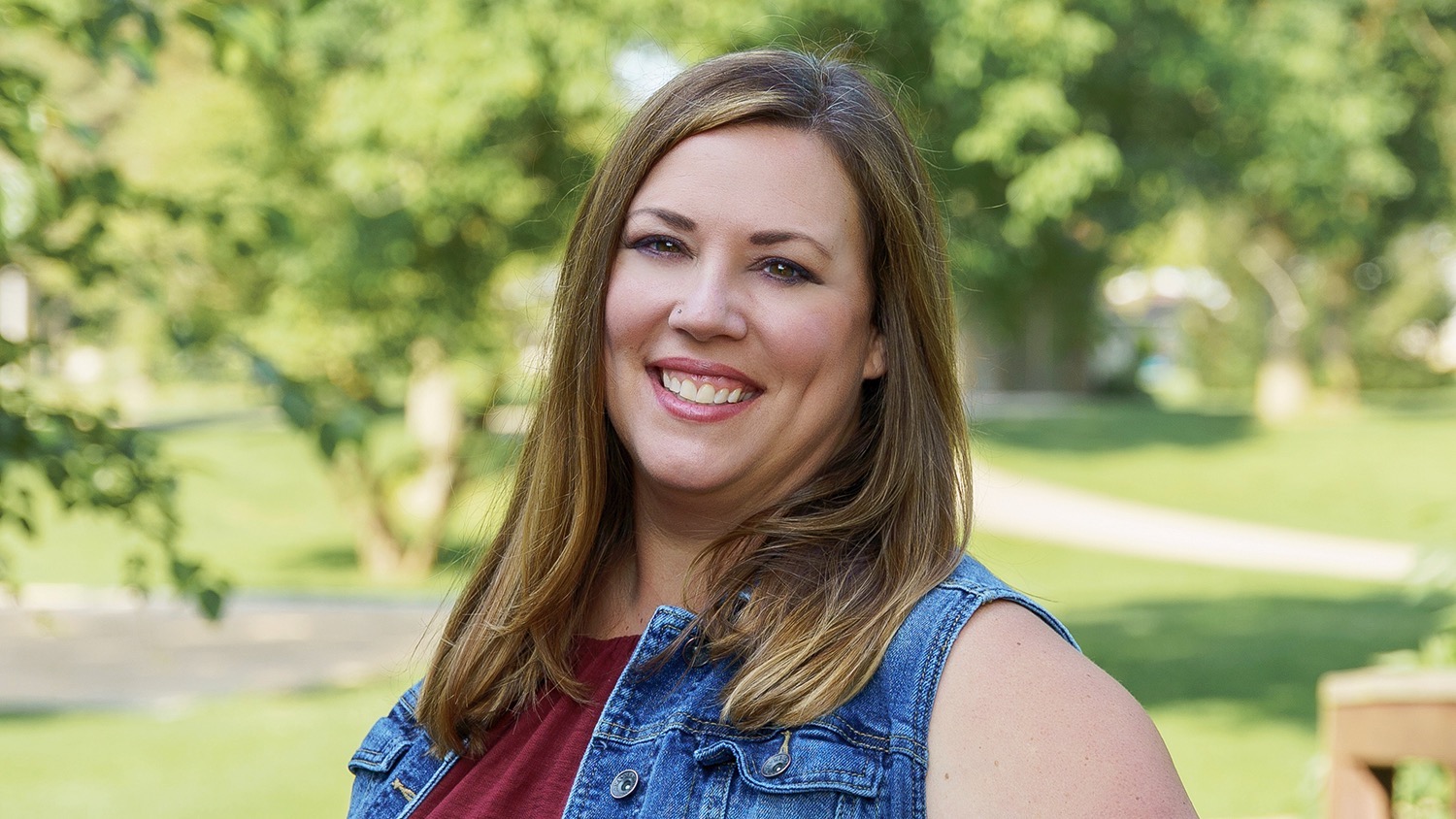Meet Faculty Fellow Michelle Falter

As an experienced instructor at both the high school and college levels, Michelle Falter knows a thing or two about instructional technologies.
Falter has been an assistant professor of English education and educational equity at NC State for six years now, but before that, she taught middle and high school courses. Teaching online, in-person and hybrid courses, Falter has had to rely on instructional technologies to give her students the best learning experience possible.
“I like the flexibility that teaching using different technology and different modes of instruction allows for,” she says. “Our world is becoming much more complex. People want more options in terms of where they will be learning, and I think learning technologies provide opportunities for students to take courses that they couldn’t have taken in the past.”
The challenges presented by the COVID-19 pandemic have made Falter even more passionate about teaching with technology to facilitate discussion and student involvement in online courses.
“Participation is one of the challenges in getting students engaged in an online environment,” she says. “I think students are familiar with how to engage in a face-to-face class, but it takes a little bit more creativity and support on the side of the professor to promote online engagement.”
Google Jamboard, Google Sites and other Google Suite tools are likely to pop up in most of Falter’s courses. Google products are user-friendly, and Falter prefers to use technologies that will enhance students’ learning instead of creating new challenges for them. Google products also aid in the organization of learning and teaching, which Falter believes is an integral part of student success. She also integrates Flipgrid into her courses because it provides a more interactive experience, allowing her to not only see what her students are working on, but hear them voice their thoughts and challenges.
“It’s important that your technology is not just being used just to introduce new technology,” she says. “Your use of technology should match your purpose of learning. It should really aid students in their learning and not just be something new they have to learn just for the sake of learning it because it is an interesting tool.”
With all of her online teaching experience under her belt, Falter is ready to share her knowledge with other instructors as a DELTA Faculty Fellow.
“I’m really interested in working with other professors who are also passionate about online, hybrid and digital technologies,” she says. “Sometimes as professors, we get siloed in our own departments, and it’s nice to talk with and meet other people across the university who have similar interests.”
Bethany Smith, associate director of instructional technology training at DELTA, was also a source of inspiration for Falter to get involved with DELTA and become a Faculty Fellow. Smith and Falter were originally colleagues in NC State’s College of Education, and Falter looks forward to continuing to work with Smith through her involvement with DELTA.
As a Faculty Fellow, Falter is currently working with DELTA staff on Facul-Tea, a short workshop series designed to allow NC State instructors to collaborate and share ideas about teaching in an online space. Falter is preparing to lead a session in the series sharing new perspectives on grading and the idea of “ungrading,” a method of decentering the focus on grades in courses.
Diversity and inclusion is another topic that Falter has been focusing her attention on as a Faculty Fellow. In addition to conducting research on the topic of anti-racist and diversity practices, she plans to write a blog for DELTA on her findings to share with her colleagues.
Falter believes it will be important for instructors to continue fostering community and sharing their knowledge with one another as learning technologies continue to evolve in the future.
“I think that we are going to see more virtual environments in the future. I think that trying to replicate face-to-face work that we love in an online space would be a great move in the future.”
Going forward, Falter is excited to see how learning technologies will evolve and how she and her fellow instructors will continue to learn and implement these new forms of teaching in the coming years.
Interested in sharing your knowledge and learning from other instructors? Apply for DELTA’s Faculty Fellow program! Applications will be accepted beginning April 19, 2022 as part of this year’s DELTA Grants cycle.
- Categories:


